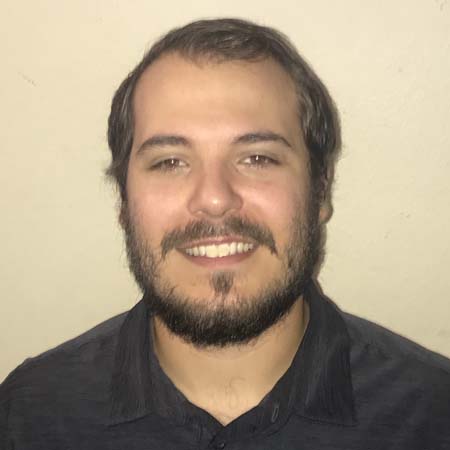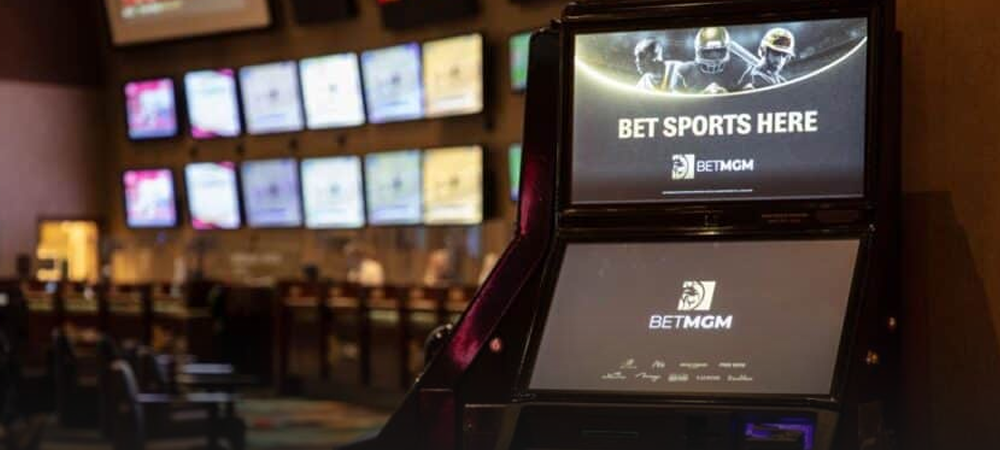- Byron Freeland, council for the Arkansas Racing Commission, removed the commission’s proposed sports betting rules from the Legislative Council’s agenda on Wednesday.
- The move will delay Arkansas’ mobile sportsbook launch by a considerable length of time, with a longer delay being likely as lawmakers will not revisit the rules for several weeks.
LITTLE ROCK, Ark. – Arkansas’ mobile sports betting launch will not come until late February at the earliest after the Arkansas Racing Commission’s attorney, Byron Freeland, removed their proposed sports betting rules from the Arkansas Legislative Council’s subcommittee agenda on Wednesday.
Mobile Sportsbook Launch Delayed
This is bad news for sports bettors, as the delay means that Arkansas’ mobile sportsbooks will not be ready for this year’s Super Bowl; as a result, the goal is now to have mobile sportsbooks in place in time for bettors to wager on college basketball’s March Madness.
On Tuesday, the Arkansas Racing Commission ordered an emergency meeting to alter language in one of the Racing Commission’s proposed rules. The change, which was successfully approved, replaced the word “revenue” with the word “receipt”, in order to keep language in line with Amendment 100. According to definitions outlined in the amendment, the two terms mean the same thing; however, the term “revenue” was causing confusion among some constituents, many of which reflected their confusion in public comments. The rules had been approved by the Arkansas Racing Commission in late December, with the Arkansas Legislative Council’s approval the only obstacle in the way of a mobile launch.
Despite the fact that the change was a fairly small one, it has greatly affected Arkansas’ sports betting industry and their ability to launch mobile sportsbooks. As a result of the change in language, the vote on the rule change has been postponed to allow legislators time to consider the change.
Revenue Share May Be Next Under The Microscope
The delay caused by the language change may lead to other potentially more significant changes being made to the proposed rule set. One particular issue that was hotly debated during December’s Arkansas Racing Commission meeting was the revenue share split between the sportsbook operator and the partnered casino.
As Arkansas’ legal sports betting industry currently stands, sportsbook operators are required to share a majority (at least 51%) of their revenue with their partnered casino. This is a much higher percentage share than a majority of the United States’ legal sports betting industries, which average between 5% and 15%.
Freeland, attorney for the Arkansas Racing Commission, told the Commission that if casinos receive more than 50% of sports betting revenue, it may be a violation of Amendment 100. This runs contrary to Attorney General Leslie Rutledge’s 2021 opinion that Amendment 100 “is silent about such contracts or contractual agreements.”
This facet of the rules will likely be discussed again when the rules are revisited in February or March. While the 51% share is obviously quite high, it is certainly not without precedent – for example, New York’s recently-launched mobile sportsbooks have a similar revenue-sharing system. That will not prevent sportsbook operators from pushing back when the rules are revisited, though, making the revenue share saga perhaps the most important to follow when it comes to Arkansas’ journey of launching a state-regulated mobile sportsbook industry.
Advertising Disclosure
In order to provide you with the best independent sports betting news and content LegalSportsBetting.com may receive a commission from partners when you make a purchase through a link on our site.
News tags: Amendment 100 | Arkansas | Arkansas Legislative Council | Arkansas Racing Commission | Byron Freeland | College Basketball | Leslie Rutledge | March Madness | New York | Super Bowl

Jerad has been a welcomed addition to the LegalSportsBetting.com writing team. Covering topics regarding the expansion of sports betting in the US, Jerad focuses on legislative efforts, bill signings and other methods for sports betting legalization. Finishing his education as a college baseball player, Jerad has first-hand knowledge of competitive sports, paired with years of personal sports betting as well. As a political science major at the University of Central Florida, Jerad covers the political, legal, and legislative aspects of sports gambling without any issues.



 College Football Betting
College Football Betting Best Online Sports Betting
Best Online Sports Betting Best Legal NFL Betting
Best Legal NFL Betting States With Legal Sports Betting
States With Legal Sports Betting Sports Betting Events
Sports Betting Events




